What Is 16C In Fahrenheit
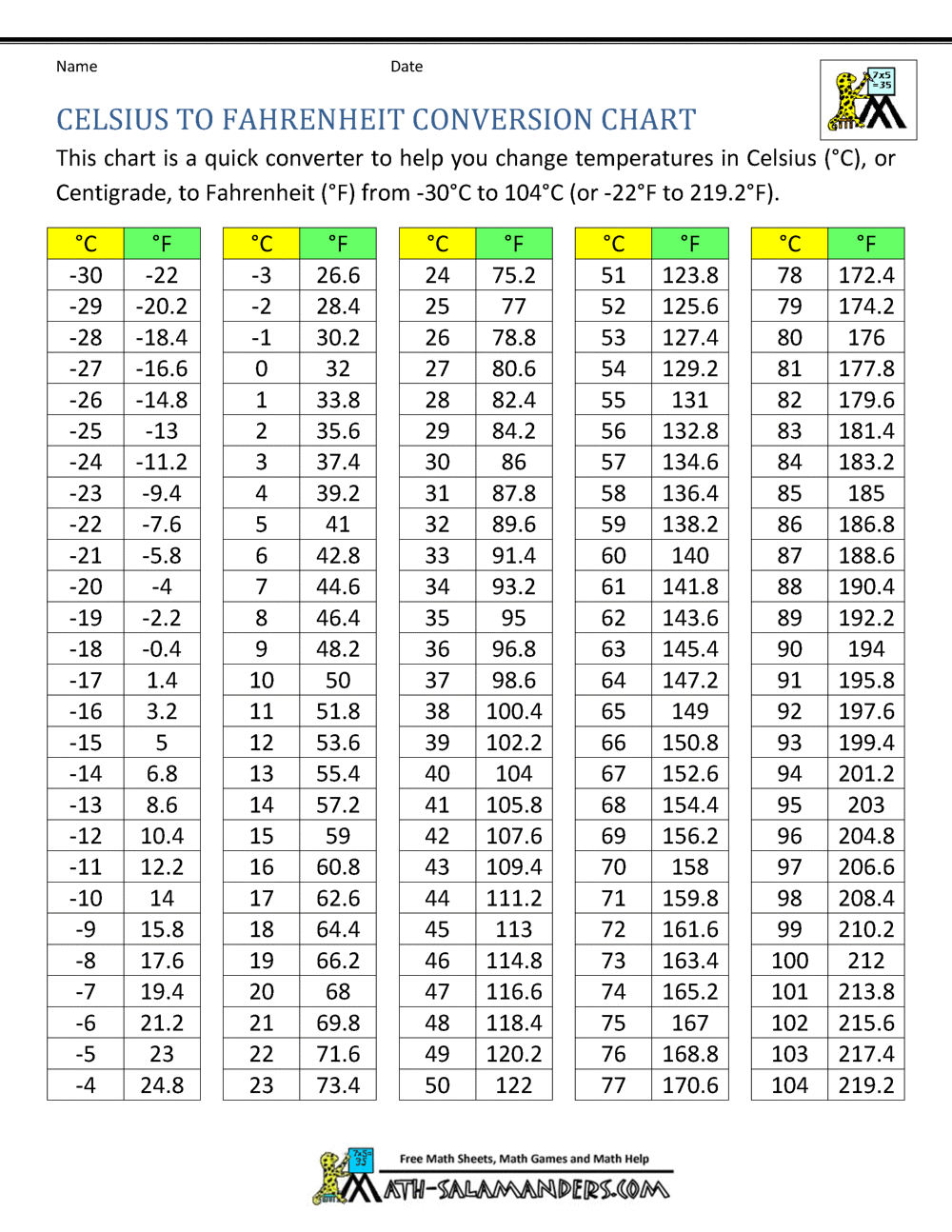
Temperature conversion is a common task when dealing with different measurement systems. In this guide, we'll focus on converting the temperature 16°C to its equivalent in Fahrenheit. This conversion is crucial for various reasons, whether you're a scientist, a traveler, or simply curious about the weather in different parts of the world.
Understanding the Celsius and Fahrenheit Scales

Before we dive into the conversion process, let's briefly understand the Celsius and Fahrenheit scales.
Celsius Scale (°C)

The Celsius scale, also known as the centigrade scale, is a temperature measurement system widely used in most parts of the world. It is named after the Swedish astronomer Anders Celsius, who developed it in the 18th century. The Celsius scale sets the freezing point of water at 0°C and the boiling point at 100°C.
Fahrenheit Scale (°F)

The Fahrenheit scale is primarily used in the United States and its territories. It was invented by German physicist Daniel Gabriel Fahrenheit in the early 18th century. In this scale, the freezing point of water is set at 32°F, and the boiling point is at 212°F.
Converting 16°C to Fahrenheit

To convert Celsius to Fahrenheit, you can use the following formula:
°F = (°C × 9/5) + 32
Now, let's apply this formula to convert 16°C to Fahrenheit:
°F = (16°C × 9/5) + 32
°F = (16 × 9/5) + 32
°F = (144/5) + 32
°F = 28.8 + 32
°F = 60.8
Therefore, 16°C is equal to approximately 60.8°F.
Practical Applications of Temperature Conversion
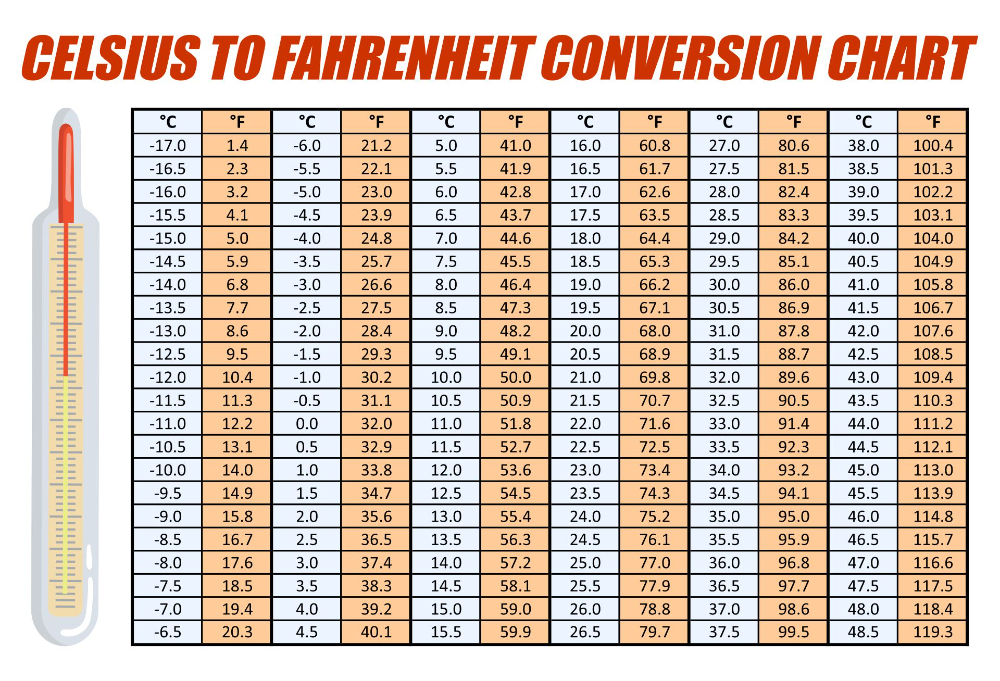
Temperature conversion is essential in various fields and everyday life. Here are some practical applications:
- Weather Reports: Converting temperatures allows meteorologists to provide weather forecasts in different scales, catering to a global audience.
- Travel and Tourism: When traveling to countries that use different temperature scales, conversion is necessary to understand local weather conditions.
- Scientific Research: Scientists often need to convert temperatures when working with data from different regions or collaborating with international colleagues.
- Cooking and Baking: Recipes from different countries may use varying temperature scales, making conversion crucial for accurate cooking instructions.
- Healthcare: Medical professionals might need to convert temperatures when dealing with patients from diverse regions or when referring to international medical research.
Common Temperature Conversions

Here's a table showcasing some common temperature conversions between Celsius and Fahrenheit for quick reference:
| Celsius (°C) | Fahrenheit (°F) |
|---|---|
| -40°C | -40°F |
| -18°C | 0°F |
| 0°C | 32°F |
| 10°C | 50°F |
| 20°C | 68°F |
| 30°C | 86°F |
| 40°C | 104°F |

Notes
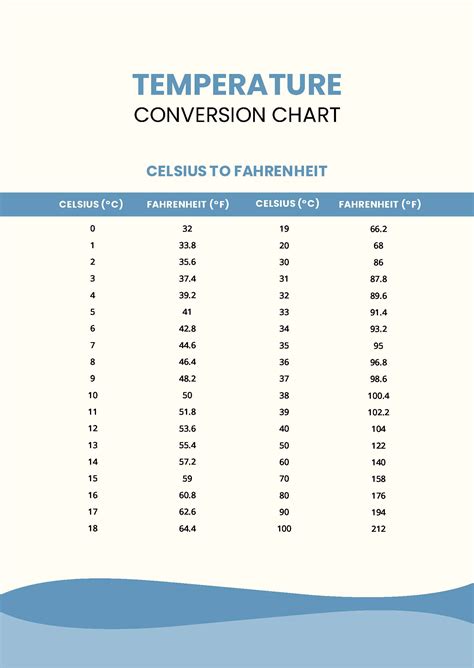
🌡️ Note: While the formula provided is accurate for converting Celsius to Fahrenheit, it's important to note that the Fahrenheit scale is not a linear scale. The intervals between temperature points are not uniform, which can lead to slight variations in precision when converting.
🌍 Note: When traveling to different countries, be mindful of the temperature scale used locally. It's always a good idea to check the weather forecast in the native scale to avoid confusion.
Conclusion

In conclusion, temperature conversion is a practical skill that enables us to understand and communicate temperature measurements across different scales. By converting 16°C to Fahrenheit, we've learned that it corresponds to approximately 60.8°F. This knowledge is valuable for various purposes, from weather reports to international travel and scientific research. Remember, understanding temperature conversions can help bridge the gap between different measurement systems and enhance our global understanding of the world around us.
FAQ
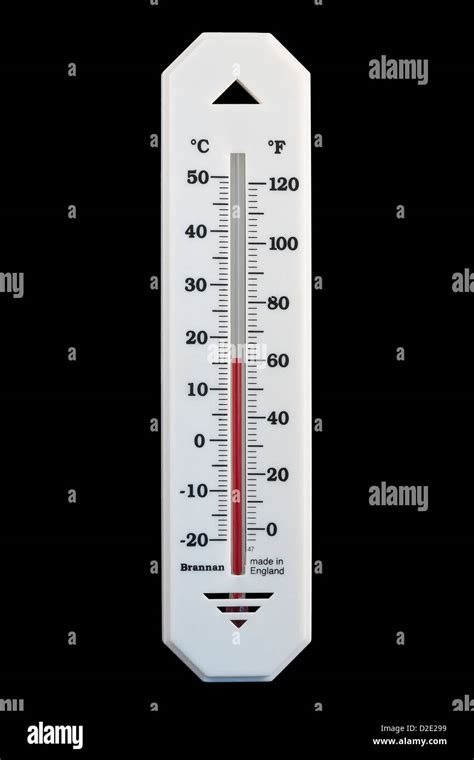
What is the freezing point of water in Celsius and Fahrenheit?

+
The freezing point of water is 0°C in the Celsius scale and 32°F in the Fahrenheit scale.
How do I convert Fahrenheit to Celsius?

+
To convert Fahrenheit to Celsius, use the formula: °C = (°F - 32) × 5⁄9.
Are there any temperature scales other than Celsius and Fahrenheit?

+
Yes, there are other temperature scales, such as the Kelvin scale, which is commonly used in scientific contexts.
Why do some countries use Celsius while others use Fahrenheit?
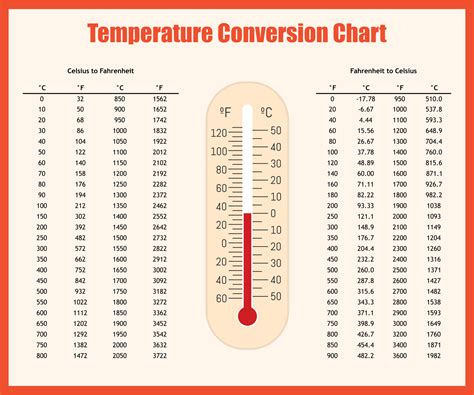
+
The choice of temperature scale often depends on historical and cultural factors. Most countries use Celsius, while the United States and its territories primarily use Fahrenheit.

